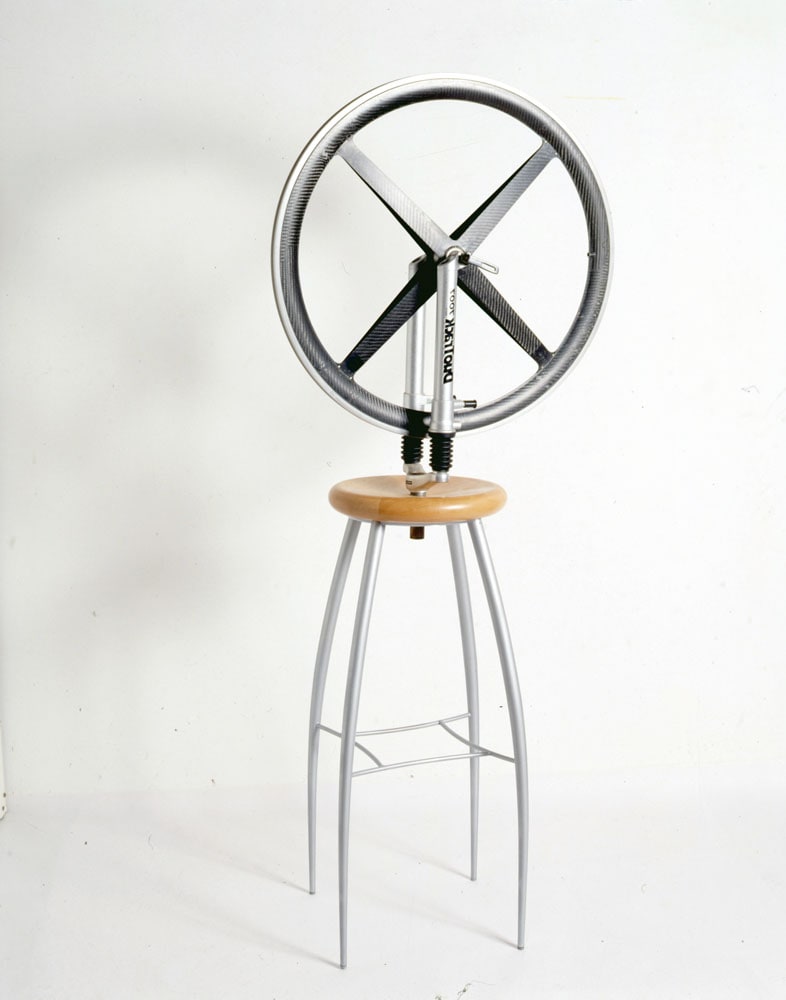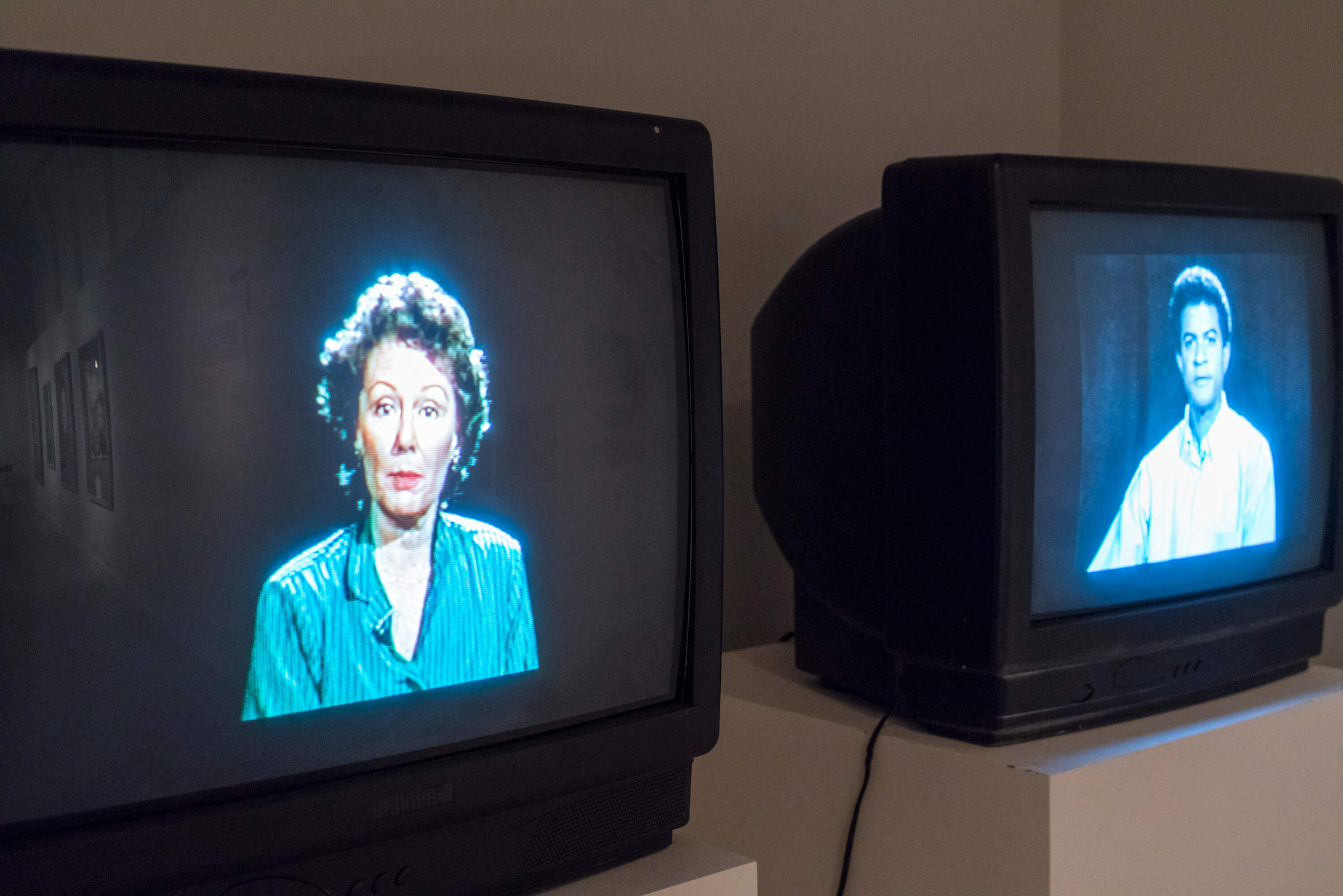Nahid Persson Sarvestani who was born in Iran had to flee to Sweden and take asylum because of her political activity during and after the 1979 Iranian Revolution. She has been directing documentaries in Sweden since 2000 and garnered many awards including Krakow Film Festival Golden Dragon Award, Monte Carlo TV Festival Best International News Documentary Award, Sweden National Television Chrystal Award and she has been nominated International Emmy. She tells the stories about Iran, how she had to flee 30 years ago, and the hard experiences of women who survived the torture and terror in Iranian prisons with films like The Queen and I or Prostitution Behind the Veil, which was nominated for an Emmy in 2005.She continued to make films about women and she was arrested in 2006 for severely criticizing the situation of women living under the oppressing Iranian regime. With My Stolen Revolution she revealed a previously untold story about being under arrest and being tortured in Iran.
March 15
13:00 The Queen and I
March 17
19:00 My Stolen Revolution
March 18
17:00 Prostitution Behind the Veil
March 20
13:00 The Queen and I
21:00 Prostitution Behind the Veil
March 22
13:00 My Stolen Revolution
March 15
13:00 The Queen and I
March 17
19:00 My Stolen Revolution
March 18
17:00 Prostitution Behind the Veil
March 20
13:00 The Queen and I
21:00 Prostitution Behind the Veil
March 22
13:00 My Stolen Revolution

In 1998 Ben Jakober and Yannick Vu collaborated on an obvious remake of Marcel Duchamp’s Roue de Bicyclette, his first “readymade” object. Duchamp combined a bicycle wheel, a fork and a stool to create a machine which served no purpose, subverting accepted norms of art.

The exhibition Look at Me! Portraits and Other Fictions from the ”la Caixa” Contemporary Art Collection examines portraiture, one of the oldest artistic genres, through a significant number of works of our times. Through the exhibition we will be sharing about the artists and sections in Look At Me!.
Tuesday - Saturday 10:00 - 19:00
Friday 10:00 - 22:00
Sunday 12:00 - 18:00
The museum is closed on Mondays.
On Wednesdays, the students can
visit the museum free of admission.
Full ticket: 300 TL
Discounted: 150 TL
Groups: 200 TL (minimum 10 people)